

It’s a game that thrives on familiarity, but be warned: Professor Layton vs. Phoenix Wright: Ace Attorney takes you to dark and unexpected places. The first few hours of the game keep both heroes in their comfort zones. Professor Layton has his gentlemanly schtick of solving puzzles and tipping his top hat to distressed damsels. Phoenix Wright, on a legal exchange program to the UK, perspires through a court case before screaming to a satisfying, confident finale. It’s a better scene-setter than it sounds, and one which immediately shows that--despite this being a crossover--there’s no dilution of the characters. After that, be prepared for your heroes to suffer.
We actually learn more about Layton and Wright because of the threatening, unfamiliar environment they’re thrust into. An unlikely magical contrivance sends both dapper gents to the medieval land of Labyrinthia, along with assistants Luke Triton and Maya Fey. At first glance, it looks like a comforting world of polished pavestones and freshly baked bread, but underneath it snarls with deceit and prejudice--a place ruthlessly obsessed with witch-hunting, miles away from the tear-jerking but often toothless mysteries that Luke and Layton are comfortable unravelling.
And if that sounds like a loathsome attempt to make things ‘edgy’, don’t worry: it’s brilliantly judged. Recent Layton games, while consistently enjoyable, sometimes ran the risk of over-familiarity; here there’s a gnawing sense of peril that pushes you through the game’s slower moments of exposition. Better yet, the constant oppression means that when Layton and Wright finally meet, it’s a genuinely surprising moment of uplifting, fist-pumping relief.
Their mutual support is entirely necessary. Labyrinthia is a city designed to test both heroes. Layton’s deft, fatherly logic is tested by a world where the existence of magic is taken for granted, and mysteries go unquestioned by the Luddite masses. Luckily, the timid occupants of Labyrinthia are as keen on puzzles as they are on pyres, so Hersh’s agile brain is still needed--even if the riddles flit between pleasingly familiar and rather too easy.
Phoenix Wright arguably has the tougher job--he’s literally fighting fires in a courtroom where the burden of proof shifts unfairly and the rule of law is usurped by unreliable witnesses and braying crowds demanding mob justice. The stakes are massively high, as failure means seeing your defendant roasted inside an iron maiden. You also have to deal with multiple witnesses at once, pitting one testimony against another to tease out what little truth might be there. At first it feels like a gimmick, but seeing Phoenix fret as an increasing number of oddball witnesses take the stand is a pleasure. More than this, conflicting accounts of events can be used instead of evidence, adding welcome variety to the frantic legal proceedings.
Another notable departure comes in the leather-bound shape of the Grand Grimoire: a magical guidebook that puts the ‘fact’ in malefactor. It’s a clever, relevant twist to court proceedings. Before long you’re thinking in terms of portals rather than precedents, familiars instead of fingerprints. It still requires the same process of case building, but you’re given an entertaining new set of supernatural tools to play with. While the stacked odds seem frustrating at first, the fun comes from succeeding in increasingly hostile circumstances and enduring as the tale takes some troubling turns. And it will: in places this game is darker than a black sack of orphan tears.
Like previous Ace Attorney games, trials can sometimes feel clumsy--often you’ll know the correct answer but get penalised for articulating it in the wrong way. This, when combined with the exceedingly gentle puzzling, meant that I found myself using hint coins more in the courtroom than on conundrums, but it’s all still solidly logical stuff for a game about magical storytellers and melty witches.
That relentlessly grim setting makes for a solid story, and much of the entertainment comes from seeing how the characters interact. It just feels right seeing Maya and Phoenix together again: she prods, cajoles and claps her hands; he sweats, swooshes and (eventually) succeeds. It’s even better when the narrative streams cross. Luke feels more the budding gentleman than ever when he’s comforting a troubled Maya, and Hershel is calmly stern when Phoenix is too hasty in court. To a limited extent they each have a pop at the other’s specialist subjects, too: Level-5 fans will get a massive thrill from hearing the effete Professor shout ‘objection!’ for the first time--even if he sounds less threatening than a chunky knitted cardigan falling to the floor. It’s a blend of styles that’s reflected in the soundtrack. Accordions wheeze away before blending into the urgency of Phoenix Wright’s swelling strings and parping trumpets.
One criticism is that if the game is heavier in tone, it’s lighter in content. There are none of Layton’s oddball minigames, and the Prof’s previous daily-puzzle generosity is absent here. If the game is slightly shorter, it’s so densely packed that it feels greedy to gripe about it. It grabs every opportunity for in-jokes and banter, and the story is never afraid to twist in unexpected ways. When the level of fan service on display is so utterly devoted, you really can’t complain about the absence of bunny training sideshows.
This pretty much sums up Professor Layton vs. Phoenix Wright. It’s crafted for the maximum enjoyment of fans from either series, but it’s also more than that - it’s a crazy, funny, engaging story that would stand alone even without the advantage of two loveable gaming heavyweights behind it.
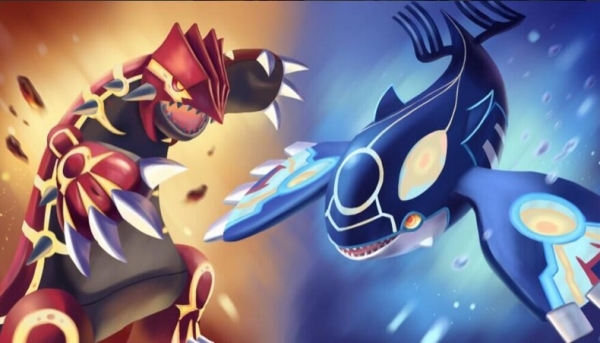


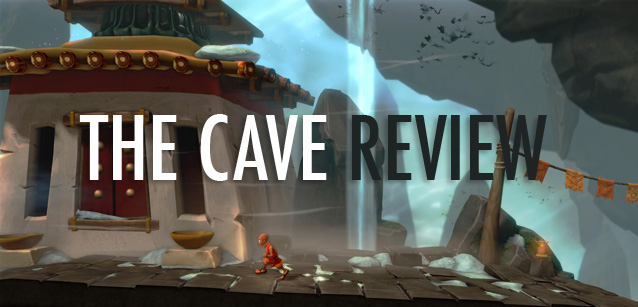
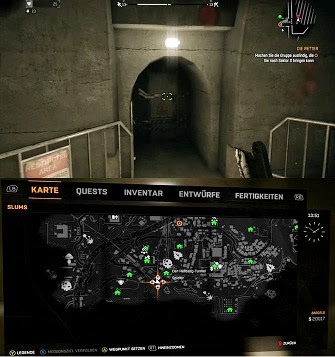 Dying Light (PC) Quarantine zones Overview
Dying Light (PC) Quarantine zones Overview There's A Mario Sidescroller for Wii You Haven't Played Yet. Seriously.
There's A Mario Sidescroller for Wii You Haven't Played Yet. Seriously.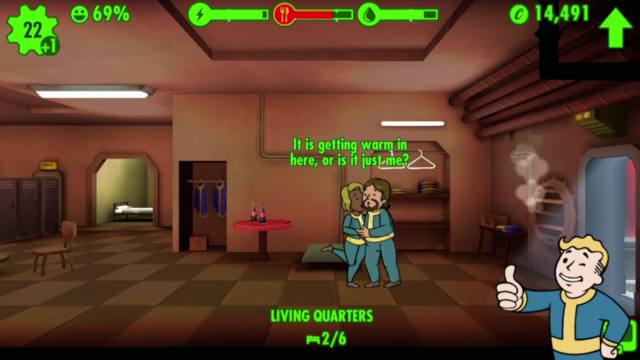 How to bring more dwellers in Fallout Shelter
How to bring more dwellers in Fallout Shelter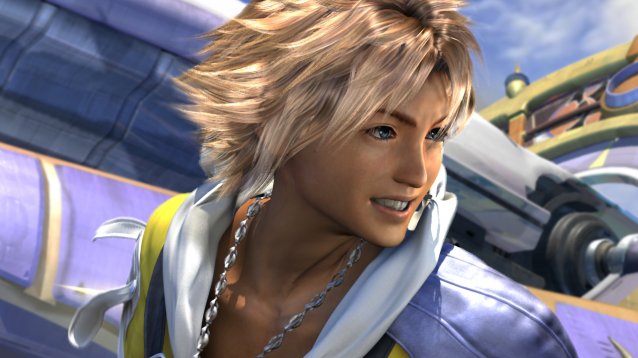 Final Fantasy X/X-2 HD Remaster Review -- Still Aged
Final Fantasy X/X-2 HD Remaster Review -- Still Aged Destiny: The Taken King increase light level over 200
Destiny: The Taken King increase light level over 200